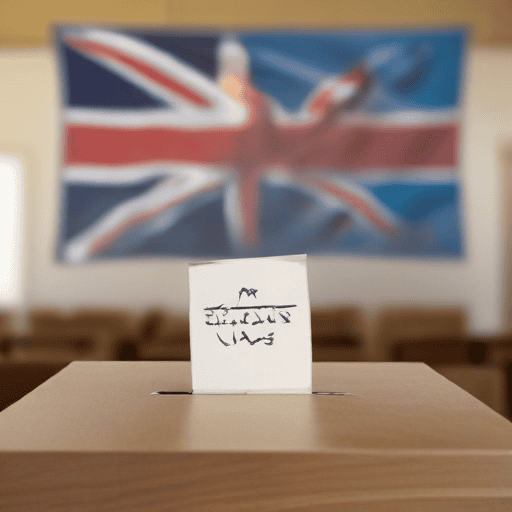The recent collapse of the FijiFirst party has significantly transformed Fiji’s political landscape, setting the stage for a more competitive arena as the country gears up for the crucial 2026 elections. Former opposition leader Mick Beddoes has stressed that these upcoming elections are “absolutely critical,” as their outcome could determine whether necessary reforms will be instituted or if Fiji will regress to a governance model marred by coups and instability—a reality that has persisted for 37 of the nation’s 55 years since independence.
Beddoes has been vocal in criticizing the electoral framework established by FijiFirst, which he claims was intentionally crafted to secure their political longevity by eliminating the possibility of by-elections. This manipulation resulted in a situation where poorly performing Members of Parliament (MPs) could be replaced without public engagement, leading to circumstances where some ministers represented as few as 700 voters, while opposition MPs, who garnered over 2,000 votes, remained excluded from Parliament.
FijiFirst’s decline is apparent in the trajectory of their vote percentages, which fell from a commanding 62.2% in the 2014 elections to just 42.58% in 2022. In contrast, opposition votes surged to 57.4% during the same period. Beddoes views this decline as a foreseeable outcome of unsustainable political strategies and believes that the dissolution of FijiFirst will enable a resurgence of political competition, allowing for a renewed multi-party system—something that was more vibrant in Fiji’s past, where elections saw an average of five parties competing between 1972 and 1994, and peaking at 16 from 1999 to 2006.
Looking ahead, Beddoes advocates for the reintroduction of by-elections and reforms to the electoral system that would support the participation of independent candidates without unreasonable hurdles. Such measures could enhance democratic representation and invigorate the political atmosphere in Fiji.
As the nation stands on the brink of this transformative period, there is growing optimism that the upcoming elections will lead to a more responsive and accountable government, potentially aligning more closely with the needs and aspirations of the Fijian populace. In summary, the recent political shifts present a crucial opportunity for increased representation and effective governance that could reflect the collective interests of the people. Engaging the electorate in discussions around these imminent changes will be vital to maintaining the integrity of Fiji’s democratic processes. This moment holds the promise of a brighter political future, rooted in greater accountability and responsiveness.

Leave a comment